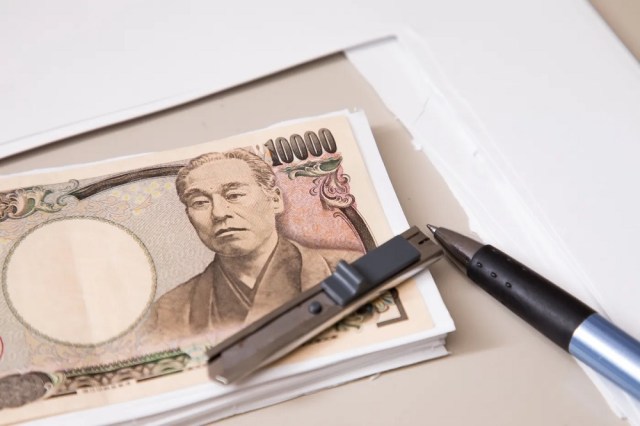Osaka woman gives foreigner Uber Eats worker fake money, thought he wouldn’t know difference

But he did.
On April 29 of last year, a 20-something woman living in Osaka’s Taisho Ward decided to order some ice cream through Uber Eats. As a matter of fact, she decided to order a lot, six containers coming to a total cost of 4,225 yen (US$34).
Her order allowed her to pay cash, and when the delivery person came to the door, she handed him a 10,000-yen bill. Well, actually she handed him a counterfeit 10,000-yen bill, but she didn’t think he’d be able to tell it was a fake. Why?
Because he was a foreigner.
The woman, then a college student, had had a previous Uber Eats order delivered by a different foreigner who’d given her the incorrect amount of change (presumably more than he should have). On the day she ordered the ice cream, she did some checking online and, based on the information she gathered, predicted that her delivery person that day would once again be a foreigner. Prior to his arrival, she used her apartment scanner/printer to make a double-sided color copy of a 10,000-yen bill on printer paper which she cut out with a pair of scissors, later admitting “I didn’t think he’d be able to tell it was fake.”
But while quickly counting out change can get a little tricky when you’re using the currency of a country other than the one you grew up in, it doesn’t take nearly as much cultural immersion to notice the tactile and visual differences between legal tender and printer paper. There’s also the fact that, foreigner or not, the Uber Eats delivery person deals with yen bills every day. He realized right away that the woman was trying to pull a scam and called the cops on her, whereupon she was charged with production and usage of counterfeit currency.
The woman was confined to her home starting in November, and last month a verdict was handed down in her trial in Osaka district court, finding her guilty of the crimes she was charged with. During the proceedings, it was pointed out that between monthly payments from her parents to help pay for her living expenses and her part-time job, the woman, who lives by herself, was not dealing with financial difficulties that would have prevented her from paying for her ice cream honestly, and also that she decided to try to dupe the deliver person specifically because he was a foreigner.
Counterfeiting carries some serious legal penalties in Japan, with no maximum limit on the number of years of imprisonment if the accused is found guilty. The judge handed down a sentence of three years in prison, suspended for four years providing the woman stays in good legal standing in light of remorse she showed during the trial.
Source: The Sankei News via Yahoo! Japan News, Hachima Kiko
Top image: Pakutaso
● Want to hear about SoraNews24’s latest articles as soon as they’re published? Follow us on Facebook and Twitter!
Credit:

0 comments:
Post a Comment